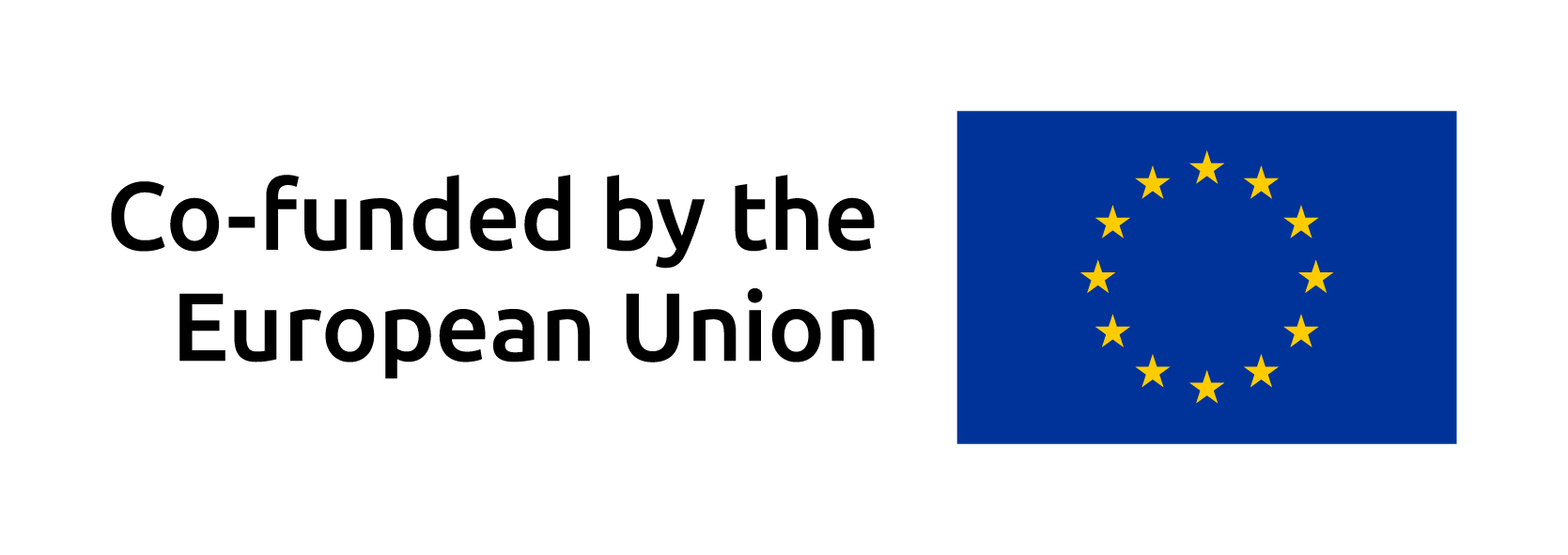- Timetable of the lecture “Philosophy with elements of ethics” – summer semester 2021/2022 (optional)
- SYLLABUS of the lecture”Philosophy with elements of ethics” – summer semester 2021/2022 (optional)
Lecture
Philosophy with elements of ethics
summer semester 2021/2022 (optional, online)
Lecture will be held Wednesday’s in online mode
| Date | Topic |
| 2 March
8:30 -10:45 |
Organisational issues: material overview and final requirements.
Introduction to basic philosophical vocabulary and history of the development of philosophical thought 3h |
| 9 March
9:00 -10:30 |
Philosophy in practice – what does philosophy deal with today? 2h
|
| 16 March
9:00 -10:30 |
Can science be politically neutral? A dispute of empiricism and rationalism. 2h
|
| 23 March
9:00 -10:30 |
Philosophy of medicine: reductionism and anti-reductionism in medicine. 2h |
| 30 March
9:00 -10:30 |
The problem with reference classes: on the example of using the category of race in biomedical research. 2h
|
| 6 April
9:00 -10:30 |
Introduction to bioethics 1 – the category of fairness in biomedical research. 2h
|
| 13 April
9:00 -10:30 |
Introduction to bioethics 2 – discussions. 2h
|
SYLLABUS
Summer semester 2021/2022
(Lecture will be held online Wednesdays starting on 02 March 2022)
| Course | Philosophy with elements of ethics |
| Host Institution
|
Institute of Human Genetics
Polish Academy of Sciences Strzeszyńska Street, 32 |
| Language | English |
| The expected effects of teaching in terms of: knowledge, skills and social qualifications | Ph. D. student is supposed to:
1.Gain knowledge in several aspects of philosophy, especially bioethics and philosophy of science. In particular, the following specific topics will be elaborated: – basic philosophical vocabulary – the history of the development of philosophical thought – practical philosophy – dispute of empiricism and rationalism – definitions of the term “truth” – philosophy of physics and philosophy of biology as two different paradigms – reductionism and anti-reductionism in philosophy of medicine – formulating reference classes that relate to social categories (on the example of the use of racial categories in biomedical research). – the category of fairness in biomedical research. 2. Get familiar with contemporary philosophical discussions. 3. Learn how to formulate philosophical arguments and questions. |
| Type of course | optional |
| Semester/year | Summer semester 2021/2022 |
| First name/family name of the person responsible for the course | dr Joanna K. Malinowska |
| First name/family name of the person responsible for the exam | dr Joanna K. Malinowska |
| Format | Lecture will be held in English online with usage of audio-visual equipment. Lecture will be followed by discussion |
| Basic and additional requirements | Skills in English |
| Number of ECTSs | 2 ECTS |
| ECTSs summary | 1 ECTS corresponds to 25-30 hours of personal studies focused on broadening knowledge based on suggested bibliography (vide bibliography list below). |
| Method of teaching | Lectures will be held using power point presentation and a multimedia projector |
| Method of evaluation | Oral exam |
| Prerequisite for passing | Positive score at the exam |
| Topics
|
– basic philosophical vocabulary and problems
– philosophy in practice – what does philosophy deal with today – a dispute of empiricism and rationalism – philosophy of physics vs philosophy of biology – two different paradigms and their scientific consequences – philosophy of medicine: reductionism and anti-reductionism – the problem with reference classes: on the example of using the category of race in biomedical research. – introduction to bioethics – the category of fairness in biomedical research |
| Additional material
|
Presentation of each lecture in PDF format
Bibliography related to each lecture |
| Bibliography | Will be suggested later |


